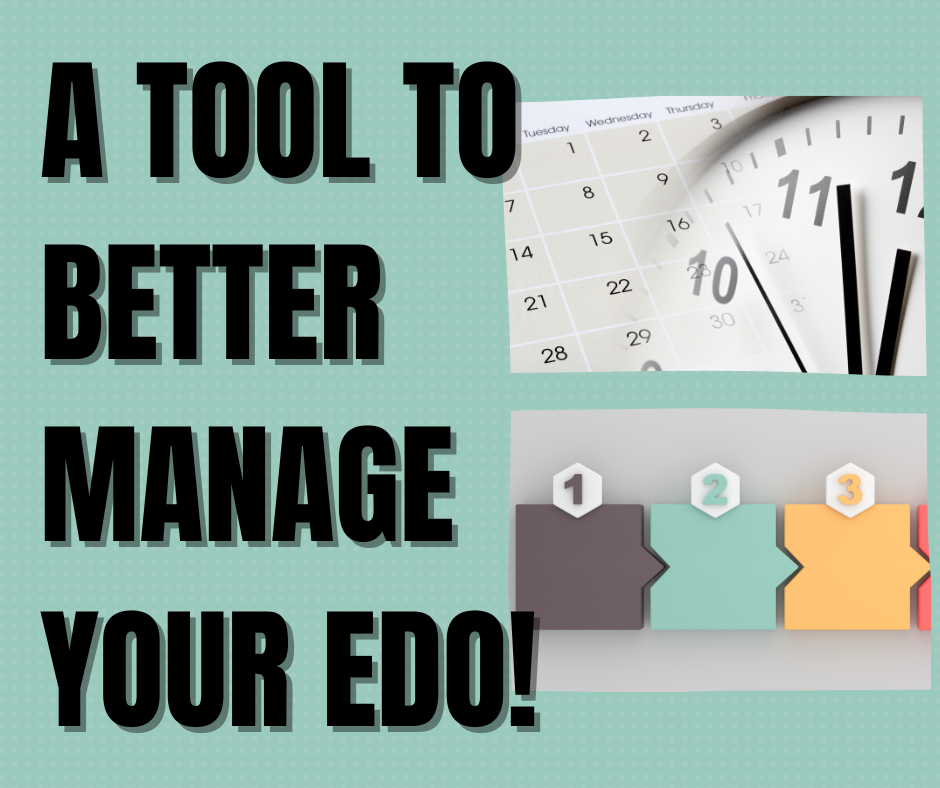
In the complex world of governing an economic development organization, staying organized and managing numerous responsibilities can be a daunting task. Economic developers are trained to build business parks and support existing business, but often do not receive training in best practices of managing an organization. There is a valuable tool that can be implemented to make the process much more straightforward: a governance calendar. A governance calendar is a roadmap, helping organizations to navigate the diverse responsibilities of governing an organization with ease. In this blog post, we dive into the significance of governance calendars and explore how they can benefit your economic development organization.
Governance calendars are a comprehensive timeline that outlines the key activities, reporting, milestones, and meetings associated with an organization’s governance and compliance processes. By consolidating crucial dates and events in a single document, governance calendars offer numerous benefits:
- Improved Organization and Planning: A governance calendar acts as a roadmap, providing a clear overview of important governance activities, such as board meetings, policy reviews, and compliance deadlines.
- Time Management and Efficiency: By incorporating specific dates, deadlines, and responsibilities, governance calendars help organizations stay focused and accountable.
- Improved Communication: Governance calendars allow members of the organization to be aware of important dates and deadlines, ensuring everyone is on the same page.
- Compliance and Risk Mitigation: Governance calendars play a pivotal role in ensuring compliance with legal and regulatory requirements. By integrating key deadlines into their calendar, organizations can mitigate risk and potential legal issues.
- Strategic Alignment: By mapping out the timing and sequence of key initiatives and deadlines, organizations can ensure that governance processes are synchronized with strategic milestones. This prevents mission drift and improves the organization’s ability to achieve its long-term goals.
Top 10 things to Include in a Governance Calendar:
A governance calendar should be specific to your organization, but the most often included items are related to finance, personnel, board of directors, and strategic plan. Our top 10 things to include in a calendar are:
- Tax return schedule and deadline
- Tax payment schedule
- Annual audit schedule
- Funding requests/investor invoicing
- Election of officers and board members
- Personnel reviews
- Annual planning retreat
- Bylaws review
- Annual report
- Grant compliance deadlines
To harness the full potential of governance calendars, organizations should make regular updates, clearly communicate the calendar milestones, and be flexible. While governance calendars provide structure, it is important to maintain flexibility to accommodate unforeseen circumstances or emergent issues. For example, being awarded a new grant means new compliance milestones to track.
Being a best practice EDO is not only building product and attracting talent, it is managing an effective, high-performing organization. By providing structure, organization, and clarity, governance calendars empower organizations to not only meet basic operational requirements, but support being a best practice organization.